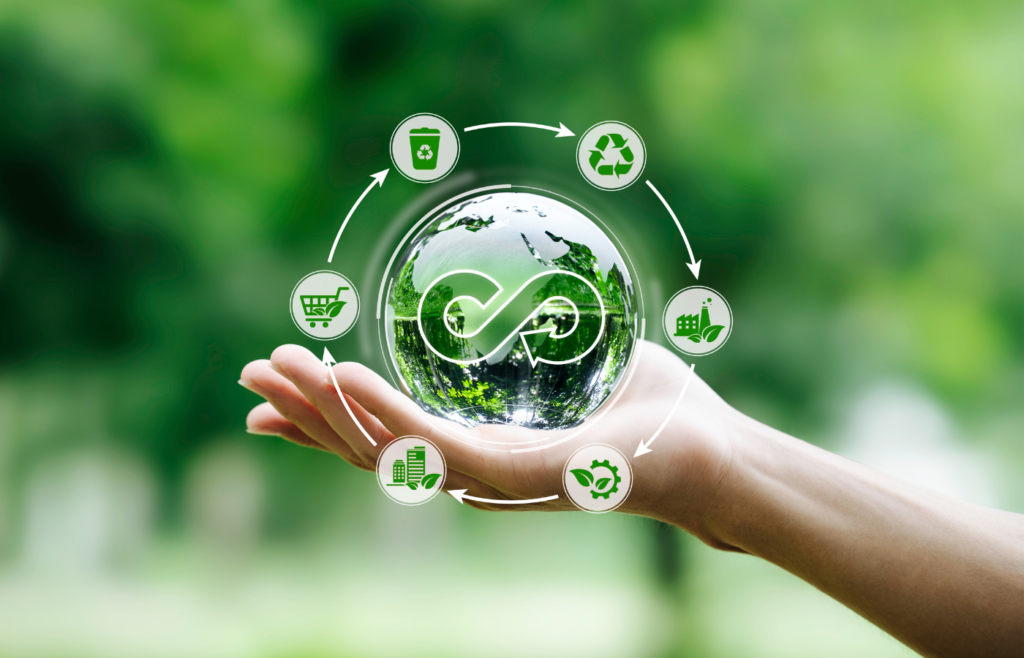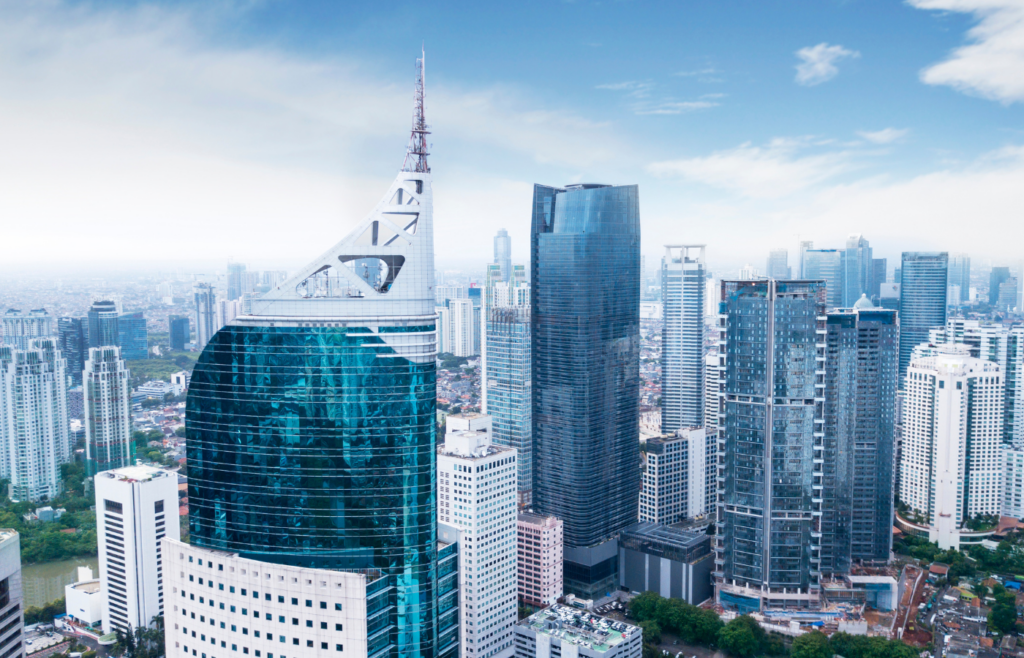In the heart of Southeast Asia, Indonesia is embarking on a transformative journey toward sustainability, prioritising the establishment of a circular economy. As the archipelagic nation grapples with the challenges posed by rapid urbanisation, industrialisation, and environmental concerns, it has set its sights on redefining its economic landscape.
Indonesia’s move towards a circular economy represents a bold and forward-thinking approach. The country is positioning itself at the forefront of nations committed to balancing economic growth with environmental stewardship.
Join us on this exploration of Indonesia’s sustainable odyssey in this second edition of our Embracing Circularity series.
Paving the Way for Sustainability
Indonesia is empowering sustainable development through the establishment of a Circular Economy Roadmap and Action Plan. This strategic framework aims to transition the nation to a circular economy, reducing waste generation and enhancing resource efficiency. By doing so, Indonesia is actively addressing pressing environmental challenges while fostering sustainable economic growth.
The New Capital: A Model for Circularity
The development of Nusantara, a new capital city in Indonesia, provides a unique opportunity to integrate circular economy principles from the ground up. The circular approach, which emphasises reducing waste and reusing resources, is a key focus of this ambitious project, demonstrating the government’s commitment to sustainable urban development.
Transitioning Key Sectors
Indonesia’s circular economy plan extends to five key sectors, including agriculture, tourism, and manufacturing. By promoting circular practices in these sectors, Indonesia seeks to not only boost economic growth but also reduce environmental impact. The nation recognises that circularity can offer sustainable solutions and enhance local climate action.
Promoting Sustainability and Research
Academic research plays a vital role in advancing Indonesia’s circular economy. Collaboration between academia, industry, and government institutions drives innovation and knowledge sharing. This collaboration helps develop practical solutions to achieve sustainability goals.
The Role of Government and Public-Private Partnerships

The Indonesian government actively promotes a circular economy as a means of achieving its Nationally Determined Contribution (NDC). Through a range of policies and initiatives, it encourages businesses and industries to embrace circular practices.
Public-private partnerships further facilitate the adoption of circular principles, demonstrating the shared responsibility in achieving sustainable growth.
The Indonesia Circular Economy Forum (ICEF)
The ICEF serves as a platform that brings together decision-makers from governments, private sectors, and environmental enthusiasts. It fosters holistic and collaborative discussions on how to drive circularity and sustainability in Indonesia. The forum highlights the importance of shared responsibility and collective action.
Innovations at Bantar Gebang
Bantar Gebang, a large landfill in Indonesia, has become a symbol of circularity. Initiatives at this location demonstrate how the circular economy can transform waste management. Instead of waste being seen as a problem, Bantar Gebang showcases the potential for creating value through recycling and reusing materials.
International Collaboration
Indonesia is also collaborating internationally to advance its circular economy efforts. Partnerships with countries like Denmark and organisations like the United Nations Development Programme (UNDP) are helping Indonesia leverage global expertise and resources to achieve its sustainability goals.
Forging a Path Toward Sustainability

Indonesia’s commitment to sustainability is evident through its Circular Economy Roadmap and Action Plan, as well as initiatives like the new capital city project. By addressing key sectors, promoting research, and fostering public-private partnerships, the country is on a path to becoming a circular economy leader in the region.
As circular practices continue to take root, Indonesia stands as an example of how innovative thinking and shared responsibility can drive progress and contribute to global sustainability goals.
For more news & insights, stay tuned to AIC website.

